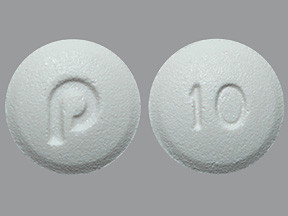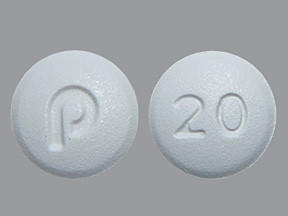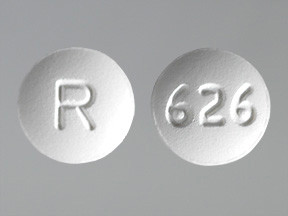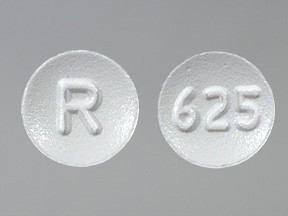ZAFIRLUKAST - ORAL
PHONETIC PRONUNCIATION: (ZA-fir-LOO-kast)
COMMON BRAND NAME(S): Accolate
GENERIC NAME(S): zafirlukast
Uses
USES: Zafirlukast is used to control and prevent symptoms (such as wheezing and shortness of breath) caused by asthma. Controlling symptoms of asthma helps you maintain your normal activities and cuts down on time lost from work or school. This medication must be used regularly to be effective. It does not work right away and should not be used to relieve sudden asthma attacks. If an asthma attack occurs, use your quick-relief inhaler (such as albuterol, salbutamol) as prescribed.
How to use ZAFIRLUKAST - ORAL
HOW TO USE: Read the Patient Information Leaflet if available from your pharmacist before you start taking zafirlukast and each time you get a refill. If you have any questions, ask your doctor or pharmacist. Take this medication by mouth without food as directed by your doctor, usually 2 times daily. Take zafirlukast on an empty stomach at least 1 hour before or 2 hours after meals. The dosage is based on your age. Use this medication regularly to get the most benefit from it. To help you remember, take it at the same times each day. Keep taking this medication even if you feel well. Do not increase your dose, use this drug more often, or stop using it without first consulting your doctor. Get medical help right away if your asthma symptoms worsen or if you are using your quick-relief inhaler more than usual or more often than prescribed.
Side Effects
Precautions
Interactions
Overdose
Images
Reviews
Faq for ZAFIRLUKAST - ORAL
Zafirlukast is an oral medication used to treat asthma and to prevent asthma attacks.
Zafirlukast belongs to a class of drugs known as leukotriene receptor antagonists. It works by blocking the action of certain chemicals in the body that cause inflammation and constriction of the airways, thus helping to improve breathing.
Zafirlukast is usually taken twice daily, on an empty stomach, at least one hour before or two hours after meals. It is important to follow your doctor's instructions and the directions on the prescription label.
The common side effects of zafirlukast may include headache, stomach upset, nausea, diarrhea, muscle or joint pain, and sleep problems. However, not everyone experiences these side effects.
Zafirlukast is approved for use in children aged 5 and older for the treatment of asthma. However, the dosage may be different for children compared to adults.
Zafirlukast should be used during pregnancy only if clearly needed. It is important to discuss the risks and benefits with your doctor before taking zafirlukast while pregnant.
Zafirlukast may interact with certain medications, such as blood thinners, theophylline, and certain antidepressants. It is important to inform your doctor or pharmacist about all the medications you are taking to avoid any potential interactions.
Zafirlukast may start working within a few days, but it may take up to several weeks to achieve the full benefits. It is important to continue taking the medication as directed, even if you don't immediately feel better.
No, zafirlukast is not a rescue inhaler. It is a long-term maintenance medication used to control asthma symptoms and prevent asthma attacks. If you have sudden breathing problems, you should use your rescue inhaler as directed by your doctor.
Disclaimer
IMPORTANT: HOW TO USE THIS INFORMATION: This is a summary and does NOT have all possible information about this product. This information does not assure that this product is safe, effective, or appropriate for you. This information is not individual medical advice and does not substitute for the advice of your health care professional. Always ask your health care professional for complete information about this product and your specific health needs.





No Reviews Yet